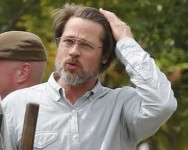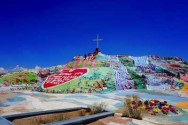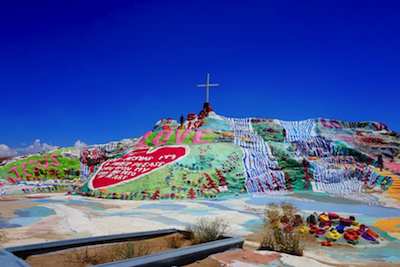
Brad Pitt’s latest role: a smart off-gridder
Brad Pitt is the smartest man in Hollywood, says the Toronto Globe and Mail. You may scoff, but it’s true. Not many actor-producers could have transformed The Big Short, Michael Lewis’s book about the 2007 financial crisis, into a comic drama – especially with a writer-director, Adam McKay, who’d only made Will Ferrell comedies. It’s full of mortgage jargon. Its heroes are villains – sure, they’re smart enough to see the meltdown coming, but they profit from it.
McKay’s comic and clear-eyed adaption has a handful of finance speculators predicting a downturn in the housing market only to realize, to their horror and immense profit, that they’ve effectively bet against America, and won.
It’s a rollicking, outrage-fueled odyssey through the financial collapse of 2008, from the carefree offices on Wall Street to the subdivisions in Florida, that gradually reveals not just a market bubble but a colossally bankrupt system and a nation that blissfully teetered into absurdity.
It was made into a film largely thanks to Pitt’s clout. His production company, Plan B Entertainment, provided financing that saw it through a long development process. Then he secured the rest of the funds by taking a small (but pivotal) role as Ben Rickert, the smartest of the smartypants, who saw the crisis coming, got out and is now living off the grid, growing his own food.
The film stars Steve Carrell, Ryan Gosling and Christian Bale, but “Brad’s presence in the film was key,” McKay said at a recent screening in Toronto.
“He knew he had to play a real role.” He did it for the right reasons, too: The financial world is as dodgy as ever, and Pitt says so on every red carpet he walks.
You could argue that a megacelebrity who craps from his aerie on how other people make money is a hypocrite. But Pitt is “not just the smartest guy in town,” McKay says. “He’s also the most generous guy. He wants to address the poverty gap. He builds houses for people. He genuinely cares.”…


